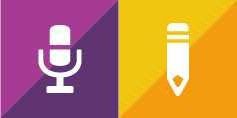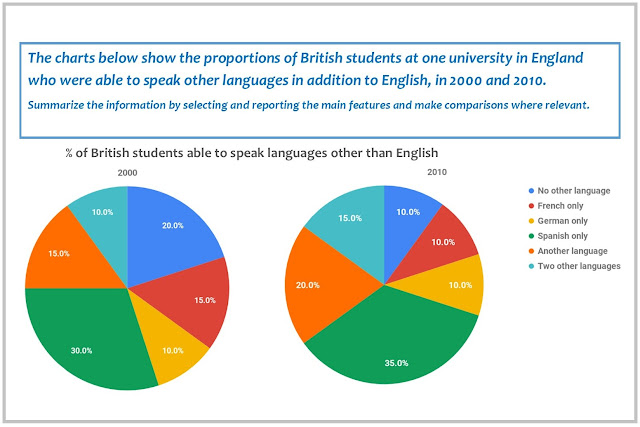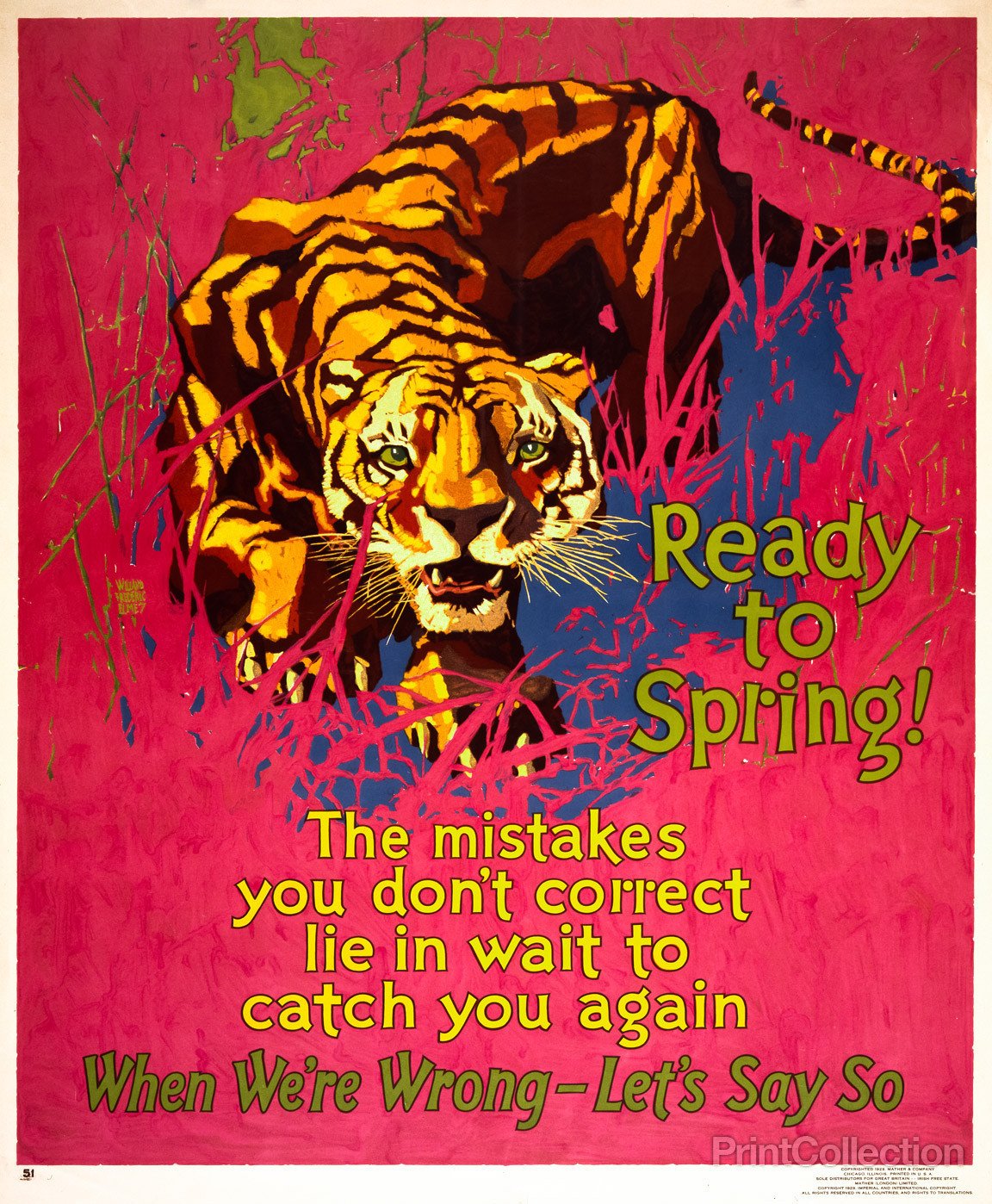Academic IELTS 8 without a degree in linguistics. Part 2.
Writing and Speaking. Resources.
Writing and Speaking. Resources.
This is the second part of the guest post by my student Nadya Borisova.
I hope you enjoy it as much as the first part.

I hope you enjoy it as much as the first part.

Now let’s talk about the active parts: Writing and Speaking.
Writing
Here comes the tough one. Last time I got 7.0 for Writing. I used Irina’s help, and I can’t stress it enough, you need a look from another person to tell you what you do right and wrong.In Task 1 the hardest thing for me was to decide what’s important and what’s not. I practiced a lot with Irina, and now I feel more comfortable with distinguishing meaningful information from the less important on the graph or pie chart.
The best tip I got for Task 2 is the way you brainstorm ideas. Sometimes I got a topic and I was stuck as I didn’t know what to say. IELTS essay questions are in a formal style, so I tried to think about my arguments and reasons academically, which is, of course, not easy. But then I read about “the cafe technique". The point is, imagine yourself in a cafe with a friend talking about this topic. What are you going to tell them? I’m pretty sure, you’ll come up with a couple of ideas fast enough. Now the only thing left is to structure your ideas and write them down.
And here goes the most important part: planning. All teachers always say planning is a must. If you've made a plan, you’ve made the whole essay, and all you have to do is to write down your sentences. Some are afraid that if they waste five minutes on planning, they will not be able to finish the actual writing in the given time. You don’t need to worry about being late. Let’s count:
You are supposed to spend 40 minutes on Task 2 and write 250+ words. You also need to check your writing in the end. Say, you spend ten minutes on planning and five on checking. This leaves you with 25 minutes to write 250 words, which means you have one minute to write ten words, six seconds for each one. That’s a lot of time, really. Don’t take my word for it, just try to see how much time you need to write a sentence.
Speaking
I didn't do very well in the first exam, I panicked and really couldn’t say a word, even though I practiced hard. The second time was easier, I got 7.5 for Speaking in 2016. Actually I think I could have got 8.0, but in the middle of Part 2, when I was talking about Andy Weir's The Martian, I forgot the English word for “эксперименты”. Happens :)The examiners are not your enemies, nor do they want to give you a lower score. Their job is to evaluate your performance, nothing more. So look at them as friends or neighbors you’re talking to on a sunny Sunday afternoon.
Speaking’s all about you, your passion and emotions. One of my friends got a topic about travelling. In Part 2 he was asked to talk about an auto or moto trip he had been on. And in real life he’s a hopeless motorcycle lover. Guess what? He got 8.0 for Speaking. I know that his grammar is not quite perfect, but I can imagine the passion he talked with.
And TED Talks again. You know, many times you get a topic like “climate change” and you have absolutely no idea what to say. Now, with TED Talks you can learn something new on topics that are common in IELTS in an easy way, because the info in talks is easy to digest, compared to reading an encyclopedia. For example, here is an inspiring talk by Al Gore on climate change.
Do you need to insert a phrasal verb, proverb or a fancy expression into every sentence you say? No. Definitely no. Your speech would sound unnatural, meaning you’re not actually able to command the language properly. If you want proof, go talk to your friend in a cafe and try to saturate your speech in your native language with proverbs and fancy expressions. The look on your friend’s face will tell you everything.
To sum up
Practice. Practice. And practice a little bit more. You can do tremendous work on your own. You probably don’t need help to prepare for Listening and Reading, but in Writing and Speaking you do. I suggest you have a teacher to help you with these two sections.Top 5 free resources to prepare for IELTS
BBC radio — several online radio stations. And yes, they speak proper British English.engvid.com — about 1,000 videos on how to take IELTS, how to master grammar and enlarge your vocabulary. My favorite teacher is Adam.
eslpod — podcasts brought to you from beautiful Los Angeles, California. The host explains new vocab as well as tells stories about american history and famous people.
TED Talks — short inspiring talks on various topics: culture, climate, equal rights, arts and everything else.
IELTS Advantage with Chris Pell — free lessons and paid classes from an experienced teacher.
That’s my IELTS journey. Please feel free to ask questions, if you have any, as I love sharing IELTS tips and can talk about the test for ages. You can contact me on VK or Facebook.
This was a guest post from my student Nadya Borisova, which I think she did a tremendous job on! Kudos and thanks, Nadya!




Comments
Post a Comment